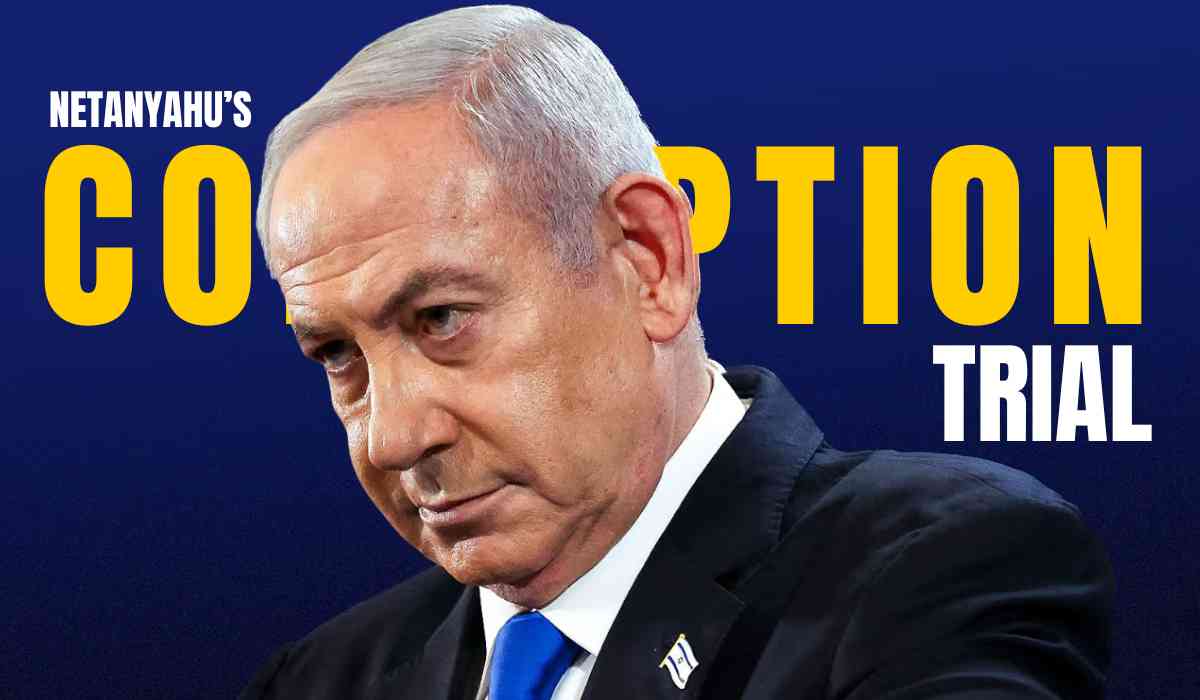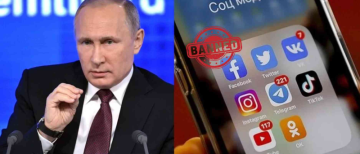Israeli PM Benjamin Netanyahu faces a corruption trial on Wednesday (Dec 11), the second hearing of the case.
The Gaza Conflict
Before and After Images after the conflict
Operations of the Israeli military in Gaza have remained worrisome to the international community as some reports indicate loss of life and property. The conflict originates from a complex political and human issue since Gaza governed by Hamas suffers from economic difficulties, blockade and constant military tensions. Israel in its defence argues that it has been acting in defence provoking rocket attacks and security antecedents from Gaza. Nonetheless, critics dubbed Israel as using excessive force and that it is in defiance of international humanitarian laws as well.
The UN Participation, its Criticism and Israel
Another report from the United Nations Security Council has now admitted to concerns raised by the United Nations Relief and Works Agency (UNRWA). UNRWA agency that deals in issues to do with Palestinian refugees has often condemned Israel for its acts in Gaza and more so the Palestinian treatment. Some of them state that such an action will mean that the SC moves in step with the critics, and it will mean that Israel will be pressured internationally by way of sanctions or being diplomatically isolated.
Broader Implications
These developments especially show how domestic situations, regional troubles and diplomacy work together, and even compete with one another. Netanyahu’s domestic legal problems reduce his influence at home and make it more difficult for Israel to respond to increasing global condemnation. At the same time, a troubling escalation of the situation in Gaza and Syria may increase tensions in the entire region and attract regional and extra-regional actors to a new round of confrontation.
If such dynamics are correct, then the situation would be rather problematic for Israel, because internal political conflict, instability in the Middle East, and growing international pressures will affect the state.
Syria and Regional Dynamics
The fact that it speaks of ‘Syrian defences’ underlines the fact on the ground – that Israel has been attacking Syria quite actively, targeting Iranian-related sites and Hezbollah operatives. If Israel has at all neutralised key parts of Syria’s armed forces, this could be understood as an anticipated pre-emptive measure against threats posed by Iranian surrogates, particularly after the Assad regime falls and a power vacuum is created. They attest to the fact that Israel’s strategic interest is to assert dominance and preserve a qualitative edge in the military as a means of dealing with perceived existential threats along the Northern frontiers.
Netanyahu’s Domestic Troubles
However, there is strife within regions of Israel and the Gaza Strip as well as globally, these are challenged by Prime Minister Benjamin Netanyahu's corruption charges, which included bribery, fraud, and breach of trust. His trial has emerged as a major political concern in Israel and has overshadowed his administration. Priti itself has vehemently denied the charges as politically motivated visibly portraying himself as a victim of judicial and media conspiracy. This narrative has divided Israeli society into supporters and those who called for justice against him.
Supreme Court Chief of Justice Ester Hayut at the Supreme Court in Jerusalem, Israel.
The trial concerns three individual cases in which Netanyahu was accused of offering regulatory benefits to media moguls for media support and assisting a Hollywood billionaire producer for his celluloid to amalgamate his interests in return for expensive presents.
In the first case, more than $260,000 in luxury products were allegedly given to Netanyahu and his wife, Sara. The other two are accused of gaining positive news coverage on the website Walla, which is owned by Netanyahu’s friend Shaul Elovitch. Netanyahu helped his friend Shaul Elovitch in a telecom merger.
What did the Prime Minister of Israel Netanyahu say on the second day of the trial?
On Wednesday, Israel’s Prime Minister spoke in court about his conversations with Elovitch, the now-ex-owner of Walla. As reported by The Times of Israel, Netanyahu never agreed with Elovitch about Walla's coverage.
Elovitch and Netanyahu.
According to the report, this was because the PM described his conversations with Elovitch as general and concerned the media.
At trial, Netanyahu testified that their first meeting over dinner with Elovitch was just to introduce the Israeli businessman. According to Netanyahu, he only generally (with Elovitch) discussed the state of the country's media, which, in the opinion of the PM, is mostly left leaning.,I told him, there is an economic opportunity in offering a Right-wing public an outlet that will reflect its worldview, Netanyahu said and clarified that he has made similar appeals to other media personalities. The prime minister intended for Walla to become a good quality right-wing website.
No negotiation of trade with Elovicth
At the trial, asked why he thought Elovitch did not order changes at the news website, Netanyahu replied that the businessman feared the reactions of the staff and other critics. When asked if Netanyahu or Elovitch ever deliberated over a mutual deal, the head of the Israeli government was clear,
‘Definitely not.’ That’s right, there was no consideration of reciprocity.
The Times of Israel report said that Netanyahu also refuted the idea that he often communicated with Elovitch. In his turn, the Prime Minister of Israel stressed that there were only a few conversations with Elovitch and they concerned the veined capacities of Walla.
With inputs from agencies
Image Source: Multiple agencies
© Copyright 2024. All Rights Reserved Powered by Vygr Media.























